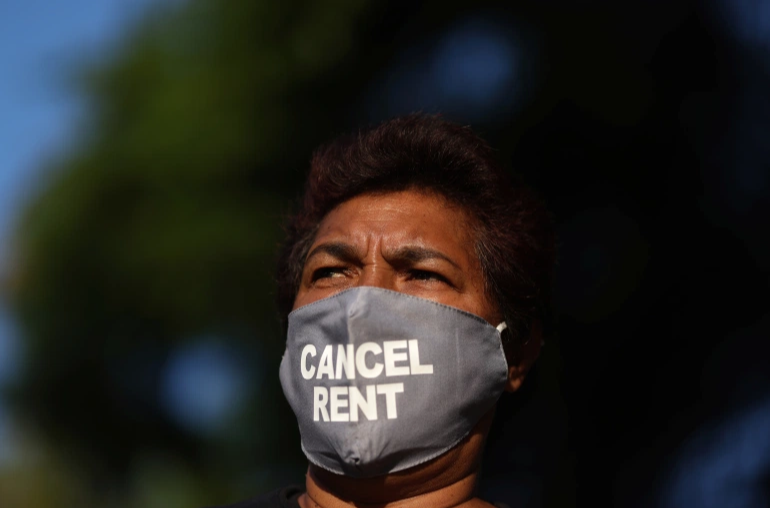
COVID crisis underscores need for U.S. housing reform
New York, February 17 (RHC)-- In the United States, the current COVID pandemic has underscored the need for fundamental housing reform. According to media sources, paying one's rent -- let alone purchasing an apartment or home -- can be an impossible dream.
While housing activists say the U.S. federal ban and state and local protections on evictions, as well as current and proposed rental assistance, are important, they don’t go far enough. Meanwhile, landlords say they’re also struggling without rent money coming in. And most agree the pandemic has deepened the country’s housing crisis, underscoring the need for meaningful housing reform.
The current Centers for Disease Control and Prevention (CDC) moratorium is set to expire at the end of March, and President Joe Biden has proposed extending it until September. But the protections are not automatic, and housing activists say there are loopholes for landlords to use.
Landlords have filed for more than 245,900 evictions across the five states and 27 cities tracked by Princeton University’s Eviction Lab during the pandemic. This doesn’t include Kentucky, where lawyers estimate courts hear hundreds of eviction cases a week.
Tenants must meet a set of criteria and present a signed, printed COVID-19 hardship declaration to their landlords. Housing advocates say many renters do not know about the moratorium or its requirements until they get to their eviction hearings — and that’s only if a judge or housing advocates inform them.
More than 10 million people were behind on rent as of late December, according to an analysis (PDF) by Moody’s Analytics and the Urban Institute. Altogether, renters behind on rent owed more than $57 billion at the end of last year.
Even when assistance is available, the web that renters navigate to access the funds is often stressful and burdensome. It also can take months to get approved, and that’s only if the money doesn’t run out first.
Moody’s and the Urban Institute found that those “who have fallen behind in their rent are among the most vulnerable members of society.” They are more likely to have no work, less income and less education. They’re also more likely to be families of color -- from communities already disproportionately affected by the pandemic.
Even before the pandemic, more than half of Black and Hispanic renters were cost-burdened, spending more than 30 percent of their income on housing, according to Harvard University’s Joint Center for Housing Studies. Observers say that the pandemic has only made these disparities worse.

